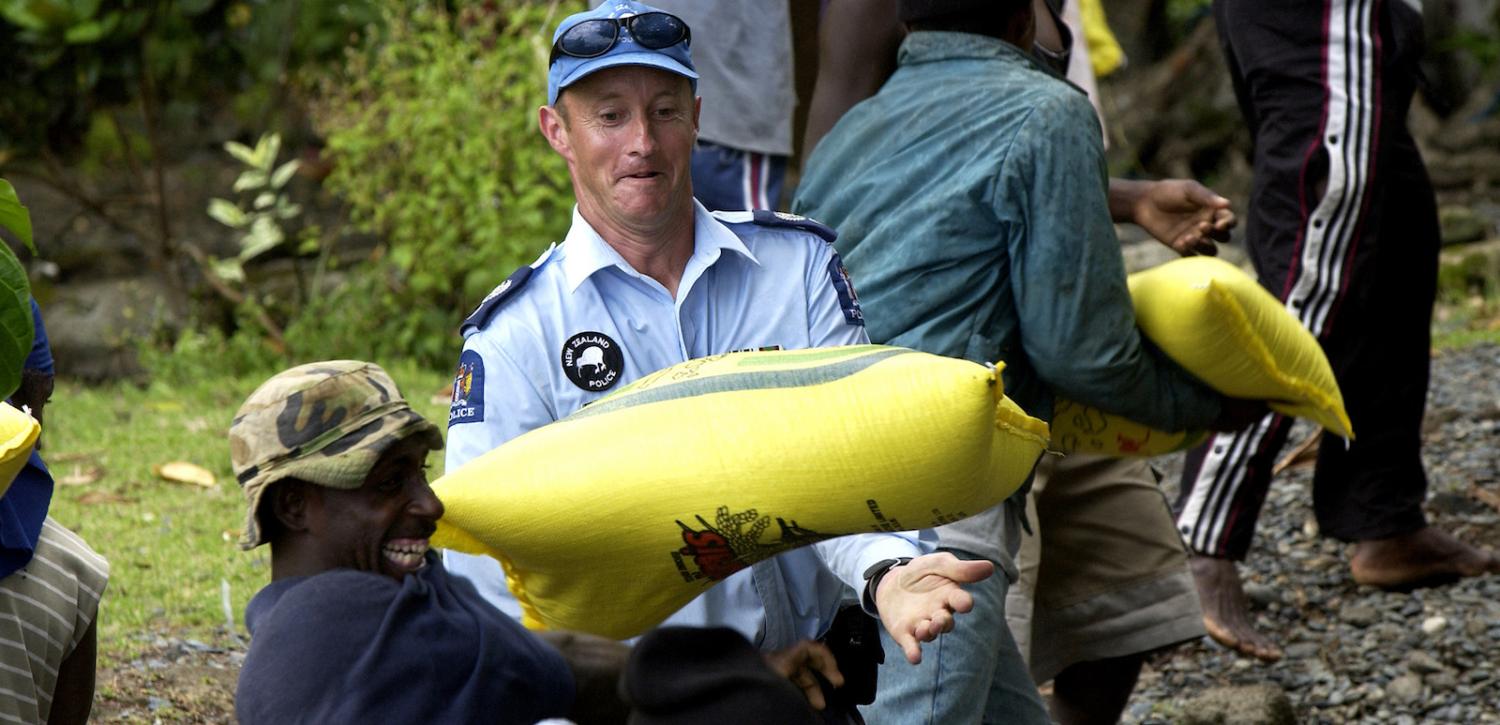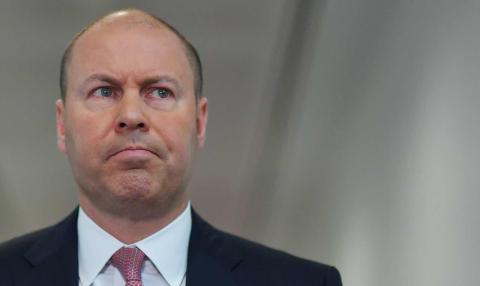“Being in the Pacific, of the Pacific” was an aspiration announced by New Zealand’s Parliamentary Under-Secretary for Foreign Affairs Fletcher Tabuteau at a recent conference in Wellington. New Zealand’s Pacific identity has been a continuing theme of the Pacific reset policy announced in March.
Yet what does putting “our money where our mouth is”, via a NZ $714 million budget increase for the Pacific islands, actually entail?
How will this affect the traditional close coordination between New Zealand and Australia? Does the new regional aid policy signal increased responsiveness to Pacific needs, or does it primarily react to fears of Chinese activity in the region? Most importantly, will it improve development outcomes?
Island leaders see advantages to be gained from accepting Chinese assistance, as is their prerogative. If Australia and New Zealand offer more aid, they will accept that too – and so they should.
One thing that may appear to have changed is the New Zealand government’s intention to focus on Melanesia and parts of Micronesia. The traditional orthodoxy describes Australia as taking responsibility for Melanesia, while New Zealand takes the lead in Polynesia. New Zealand Foreign Minister Winston Peters has frequently emphasised the political, cultural, and historical links that connect New Zealand and Polynesia.
Yet on closer examination, this is not such a radical break with the past. New Zealand has been deeply engaged in Melanesia for some time, particularly since the Bougainville peace negotiations and, since 2003, through 14 years of engagement in the Australian-led Regional Assistance Mission to Solomon Islands. (This presumably was not on the radar of Australian Home Affairs Minister Peter Dutton when he recently said, “New Zealand doesn’t contribute really anything to the defence effort.”)
Past New Zealand governments have justified spending a large share of aid on Melanesia through a focus on poverty alleviation. GDP per capita in Papua New Guinea and Solomon Islands is around half the level in Polynesian states, such as Samoa and Tonga, and only a tenth of that in the Cook Islands. Although the word “poverty” was not mentioned in Peters’ “Pacific reset” speech at the Lowy Institute in March, it did appear in an associated cabinet paper.
In March, the main focus was on security considerations and sustainable economic development, as was the case for Peters’ predecessor Murray McCully, whose fondness for trade issues was too often code for use of aid to benefit New Zealand exporters and contractors. In the cabinet paper, the emphasis is on forging and sustaining alliances with those who “share our values”, but who this refers to is not made explicit.
Across the Tasman, Canberra is also promising to beef up its Pacific aid program after years of cuts that brought Australian aid to its lowest ever level as a proportion of GDP. The reason is not newfound generosity, but security fears. Australian diplomats are spooked by Chinese activity in the region, most dramatically illustrated in April by an outbreak of hysteria about a wharf – allegedly a potential naval base – being built with Chinese assistance in Vanuatu.
Last year, Australia stepped in to gazump Chinese firm Huawei’s bid to lay a high-speed internet cable to Solomon Islands. Now Canberra will fund a cable connecting Solomon Islands and PNG to the Australian mainland (which is to be counted as “aid”). As Peters’ cabinet paper rightly points out, “all countries with significant aid spending in the region use their aid programs to build influence”.
In the eyes of some senior Australian diplomats, the intervention to counter Huawei offers a model of how to ward off China’s unwanted attentions in the Oceania region, but that seems far-fetched. The growth of Chinese investment in the Pacific islands has typically been through concessional loan-funded projects that enable contractors to acquire a foothold and then diversify into other areas, such as mining, road and bridge-building, or other commercial operations. Australia is unlikely to follow suit, not least because its investors have rarely taken their bearings in the Pacific from government aid policy.
Security-conscious ministers in Australia often hope that lifting development assistance will crowd out unwanted Chinese grants or loans. Yet that too is highly unlikely. Chinese aid to the Pacific has been increasing dramatically since 2006 and is likely to expand further in future.
Island leaders see advantages to be gained from accepting Chinese assistance, as is their prerogative. If Australia and New Zealand offer more aid, they will accept that too – and so they should – but likely without relinquishing funds from Beijing.
While Peters may express “anxiety” about the Pacific islands being a more “contested strategic space” than previously, it is not obvious what New Zealand or Australian aid policy can do to change this, at least in the short-run. Over the longer-run, what post-colonial aid policy has done, through scholarships, people-to-people ties fostered through aid projects, and activity at diplomatic outposts, is to deepen the links between New Zealand and Australia and the Pacific.
While New Zealand diplomats will in private emphasise great differences between Wellington and Canberra as regards Pacific policy, in public, and at the annual meetings of the Pacific Islands Forum, New Zealand tends to sing from the same song sheet as Australia (for example, on regional trade deals and security issues). Many island leaders perceive Australia and New Zealand as “big brothers” who jointly hector the Pacific states on matters of good governance, anti-corruption, and economic liberalisation.
Yet some important differences have recently emerged: about Australia’s detention centres on Manus Island and Nauru; about deportation laws; about climate change; and about the significance of the Trump presidency for the alliance with the US. New Zealand’s criticism of the deterioration of the law and justice sector in Nauru broke with the common front policy, and rightly so.
If New Zealand really intends a new Pacific policy, a good start might be to adopt varying alliances with Australia and the island states depending on the issue, and where differences arise to turn these into matters of public debate.

